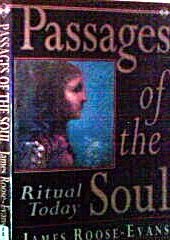Last week I went to see Richard Linklater's epic film Boyhood. If you like action adventures, don't go. I loved it to bits.
Nathaniel, writing in TheFilmExperience.net says this:
Boyhood is less about its narrative than the experience of making one's own story through living, romanticizing, examining and sometimes confronting life itself.Making ones own story. We can find ourselves wasting our lives trying to get a walk-on part in someone else's story when in reality we are starring in our own show right now, just like Truman in The Truman Show. We are real, but only when we are not playing a part.
We should be celebrating at every twist and turn because this is our life. We are not waiting for it to start, we cannot disown the bits we don't like, they are all what we are.
There is a beautiful scene in Boyhood, where the boy Mason's Mum casually advises an immigrant labourer to go to evening classes and learn English because he deserves better in life. Years later she is served by him in the restaurant he now manages, having gone to class and made good. She is struck speechless. She realises that in her preoccupation with her career and her relationships, much of her life has gone by unnoticed.
"You know what I'm realising? My life is just going to go. Like that. This series of milestones. Getting married. Having kids. Getting divorced. The time that we thought you were dyslexic. When I taught you how to ride a bike. Getting divorced... again. Getting my masters degree. Finally getting the job I wanted. Sending Samantha off to college. Sending you off to college. You know what's next? Huh? It's my fucking funeral!"It has been said that life is what happens while you are making your plans.
We should all celebrate the life we have. It may not be exactly what we wanted, or what we were expecting, but it is ours and it is precious. One day our story will end. May it be a good story. May it have a happy ending.










